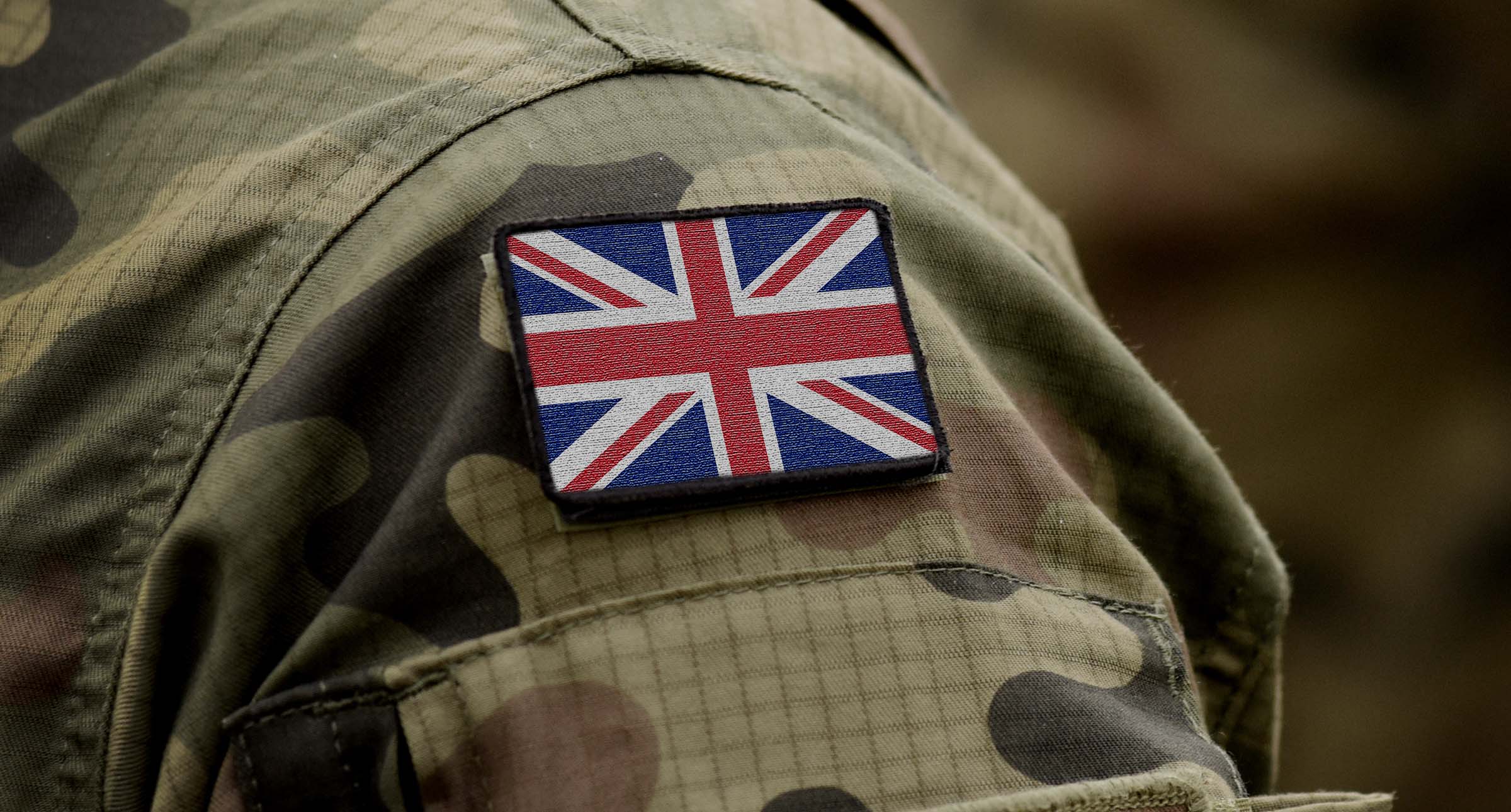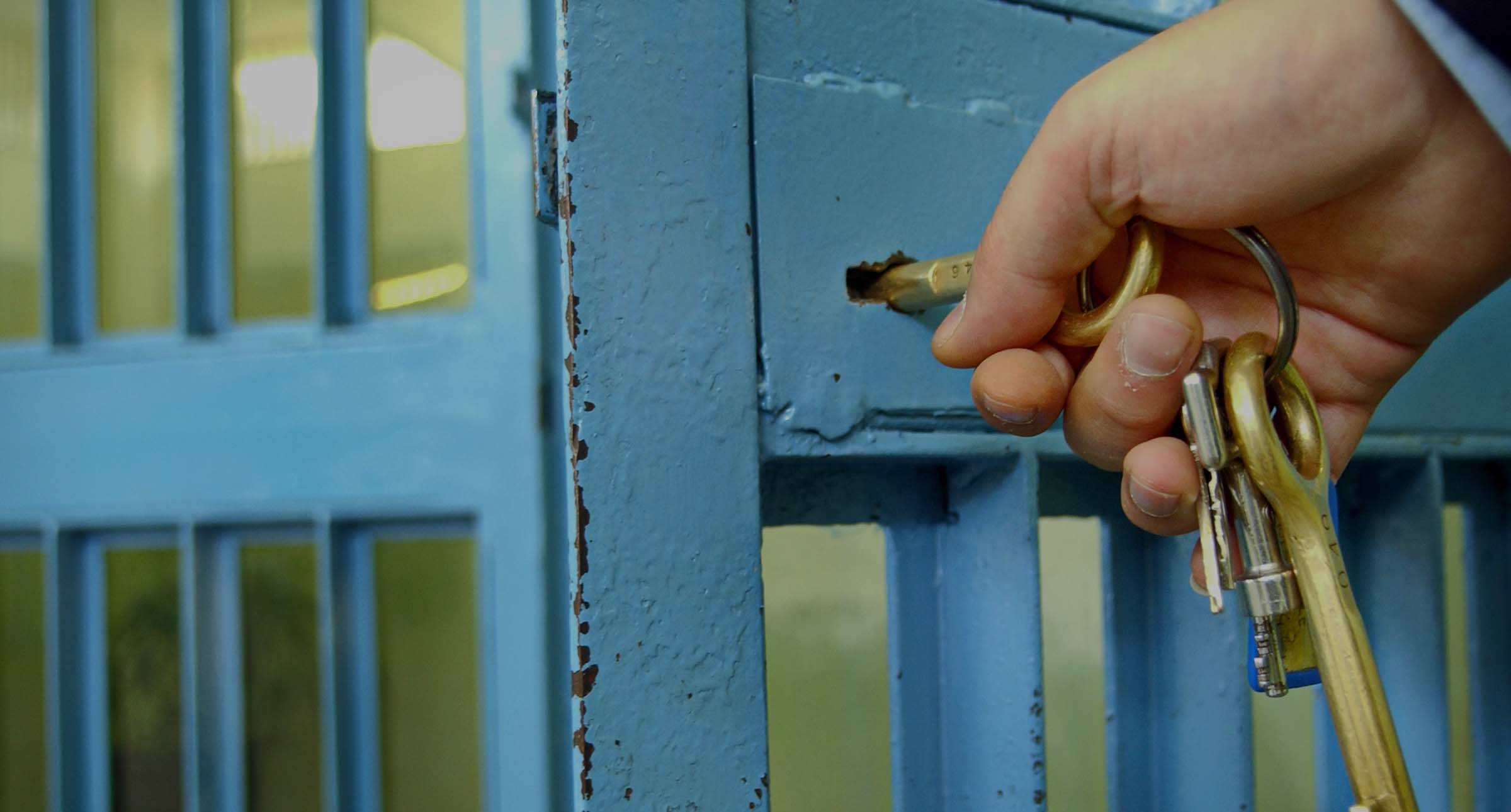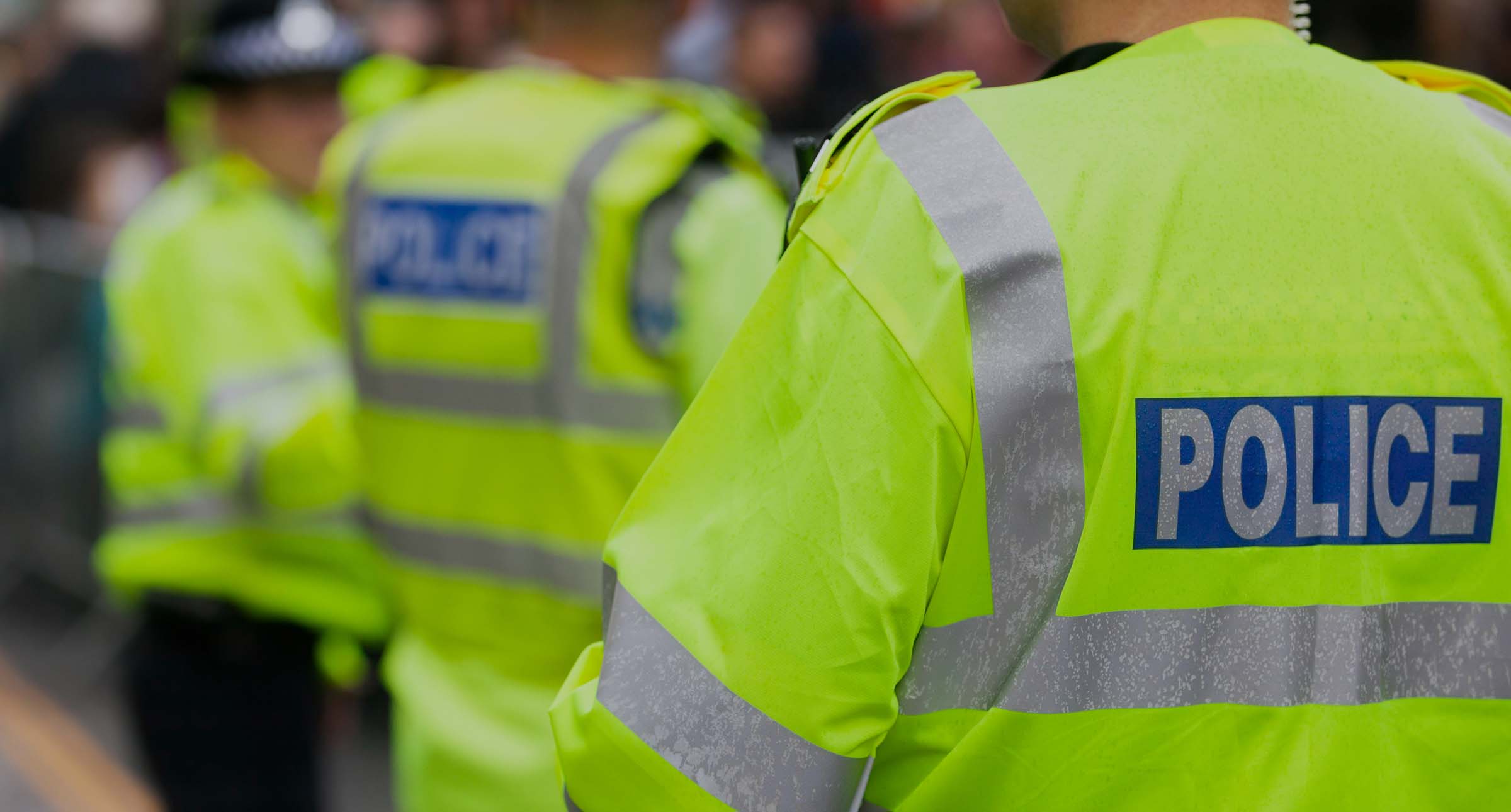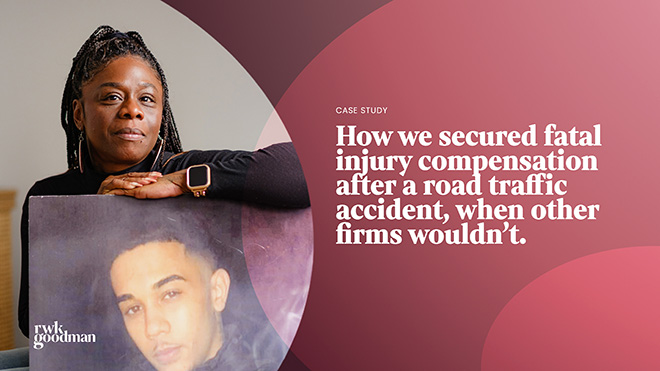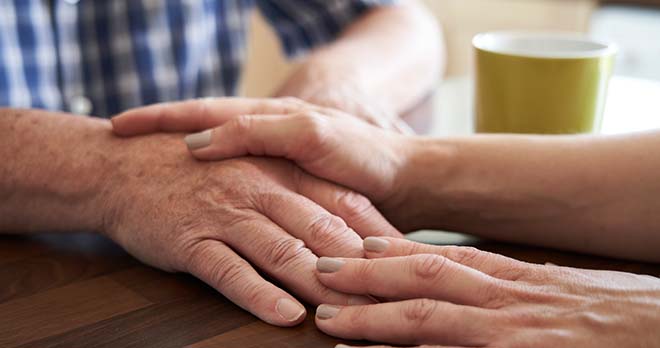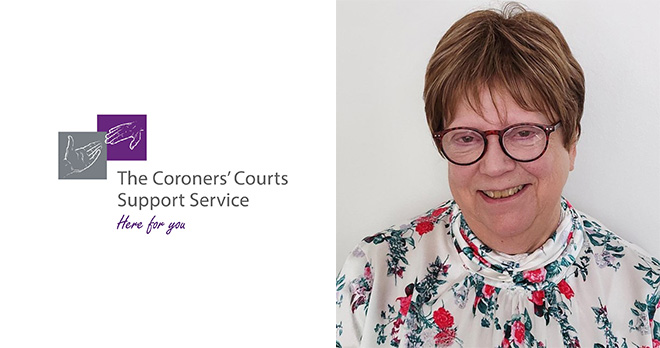

Inquest solicitors.
Here for you.
When a loved one dies an inquest provides an opportunity to have your questions answered. Our dedicated solicitors are here to help find the answers you need.
Call now on 0800 923 2080
- Independently accredited, top ranked firm
- Trusted experts in inquests
- Supportive and understanding
Inquest solicitors on your side
Our team understand what a difficult time this is for you; we will progress your case with sensitivity and discretion.
We can advise on inquests of all types, including those relating to medical treatment, psychiatric care, deaths in custody, deaths involving the police and deaths in prison.
What is an inquest?
An inquest is an investigation led by a coroner in order to ascertain how someone died. During the inquest process, the coroner will establish four things:
- The name of the deceased
- The place of their death
- The time of their death
- How the death occurred
There’s no obligation to instruct a solicitor for an inquest; you can represent yourself if you wish. However, there are many benefits to having a solicitor represent you, particularly where the hospital/treatment provider is likely to have legal representation.
We strongly urge people to consider specialist legal representation for an inquest in all but the most straightforward and uncontroversial deaths.
The formalities and procedure of an inquest hearing are likely to be a daunting prospect for the family of the deceased, particularly whilst grieving for the loss of their loved on; having your own lawyer fighting your corner will ease the burden.
Furthermore, the other Interested Parties are likely to be far more familiar with the process outlined above and will also have their own legal teams acting for them. This can mean that family members who represent themselves feel intimidated and ill-prepared when faced with experienced advocates.
There are a number of way you can secure specialist legal representation in an inquest:
- Public funding can be obtained from the Legal Aid Agency in some cases, such as where the death occurred in prison or whilst the person was sectioned under the Mental Health Act.
- Many of our clients find they are able to obtain/secure representation at no cost to themselves through an existing legal expenses policy, or through a Conditional Fee Agreement (known as ‘no win, no fee’).
We will discuss the options available and help you choose the best one for your specific situation.
If substandard care is identified then it may be possible to pursue a claim for compensation. Your specialist lawyer will advise you on this and support you with a subsequent claim if you wish to bring one.
How can RWK Goodman help you?
Our dedicated inquest team will fight on your behalf and guide you through the process, making it less daunting and ensuring that you get the best possible outcome.
Even if no inquest takes place, you may be able to bring a claim for compensation where negligence has caused or contributed to the death of your loved one. See our fatal claims page for more information.
We have a specialist team dealing with inquests and subsequent fatal claims, who will strive to get answers, seek changes and recover damages when things have gone wrong.
If you would like to speak to our team, please contact us on
“For us the win was really the outcome of the inquest and all the work that you and our barrister put into this was greatly appreciated by our family. Having you there was a huge comfort for me and I felt that we did the utmost for my mother. I can’t ever thank you enough for this.”

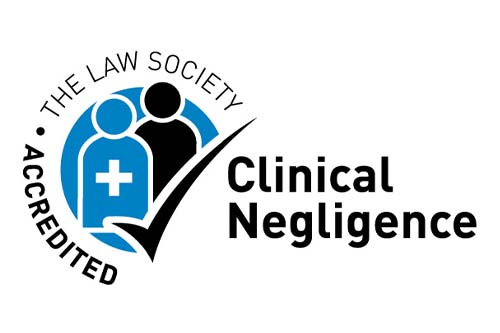
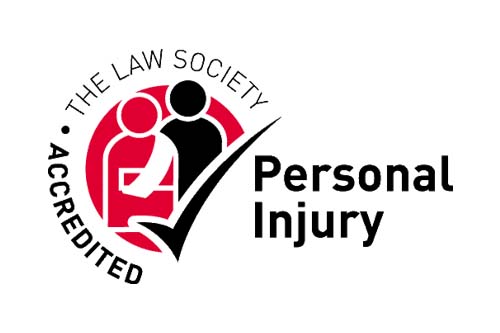

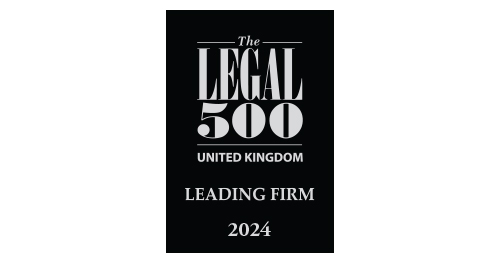
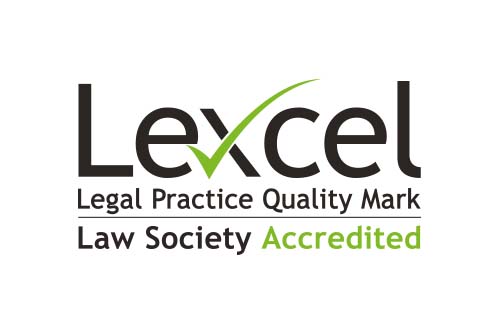
Teresa's experience with us
We spoke to our client, Teresa, about why she chose RWK Goodman for her inquest and compensation claim.

Read our bereavement guide
What you need to know when a loved one dies.
Our specialists have put together a comprehensive guide to help you know where to start with the practical steps after someone dies.
Meet our inquest team
Insight from our legal specialists
View more articles related to Inquests and Fatal Claims

